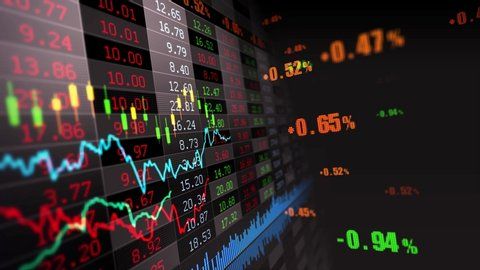Finance and economics are two closely related fields that often overlap, yet they serve different purposes and focus on different aspects of money and decision-making. Whether you’re a student choosing a career path or simply curious about how money flows in society, understanding the difference between finance and economics is key.
Let’s break it down in a simple and clear way.
Understanding Economics
Economics is the study of how societies allocate scarce resources to meet the needs and wants of individuals and groups. It explores human behavior, decision-making, and the factors that influence the production, distribution, and consumption of goods and services.
Two Main Branches of Economics:
-
Microeconomics: Focuses on individual behavior, such as how households and businesses make decisions.
-
Macroeconomics: Looks at the economy as a whole, studying national income, inflation, unemployment, and government policies.
Key Focus: Understanding why people and governments make certain economic choices and how those decisions affect society.
Understanding Finance
Finance, on the other hand, is more specific. It deals with the management of money and investments by individuals, companies, and governments. Finance is action-oriented — it’s about how to use money wisely to achieve financial goals.
Major Areas in Finance:
-
Personal Finance: Managing personal savings, investments, and budgeting.
-
Corporate Finance: How businesses raise capital, manage risk, and plan for growth.
-
Public Finance: Government spending, taxation, and budgeting.
Key Focus: Making informed decisions about the use and growth of money.
Core Differences at a Glance
| Aspect | Economics | Finance |
|---|---|---|
| Focus | Resource allocation and economic systems | Money management and investment |
| Nature | Theoretical and analytical | Practical and application-based |
| Scope | Broader (societal-level decisions) | Narrower (money-related decisions) |
| Methods Used | Models, theories, statistics | Tools like accounting, forecasting |
| Career Roles | Economist, policy analyst, researcher | Financial analyst, banker, investor |
How They Work Together
Although they differ, economics and finance often work hand in hand. For example, an economist may study how interest rates affect consumer behavior, while a finance expert uses that insight to make investment decisions. Both help shape smart policies and sound financial strategies.
Which One Should You Study?
It depends on your interests and career goals:
-
Choose Economics if you enjoy analyzing trends, understanding how the world works, and working with models and policies.
-
Choose Finance if you’re more interested in investments, business strategies, and practical money management.

